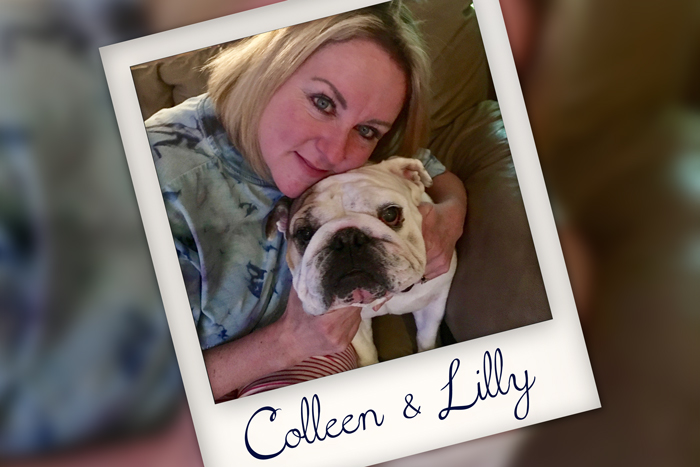Volunteers are the Heart of Hospice Care

Caring for the terminally ill by community volunteers is at the root of hospice history. In those early days of hospice, the sick and dying received care during their final days from compassionate, lay people with a mission to ease suffering. Today, clinical care is provided by registered and certified healthcare professionals, but the volunteer visitor continues to be an important part of hospice care.
According to the National Hospice and Palliative Care Organization, the specialized care of dying patients was first called hospice in 1948 by English physician Dame Cecily Saunders. She later created St. Christopher's Hospice outside of London, which is believed to be the first modern hospice. In 1963 she introduced the idea in the United States when she lectured medical students, nurses, clergy and social workers at Yale University. This lecture has been credited with launching a chain of events in the development of hospice services in the United States.
This specialized healthcare option gained acceptance in the late 1980's when it became a Medicare-certified programs covered as a medical benefit. With this financial security and credibility to the hospice movement, and the care provided to patients transitioned to licensed and paid professionals. Yet, as a homage to its humble roots, Medicare requires volunteer hours to represent five percent of care hours so that patients who may be lonely, or families who need a respite can have visits from outside their family and friends.
So, you may ask, what compels someone to volunteer to visit hospice patients? After all, it takes a certain type of person who is open to such an experience and potentially becoming attached to someone who is going to die.
"We know volunteering for hospice isn't for everyone," explained Margie Barham, MBA, director of public relations and giving for Angelic Health Hospice Care. "Yet hospice volunteers will tell you that they get much more than they give. They delight in visiting patients, hearing their stories and making their days a little more special."
"It is so rewarding to be able to help those who are experiencing the most difficult time in their lives," explains Angelic Hospice Volunteer Loretta Beisel of Marmora. "Sometimes providing a respite for the caretaker so they can go to church or the doctor's or lending an ear to listen to someone recounting their memories of their life is such a simple thing but can be so profound."
Colleen Ortiz of Egg Harbor Township became a hospice volunteer because of her experience with hospice care for her parents. "I volunteer with hospice because it is my way of giving back. I want my patients to know that they are not alone in this transition and if I am able to make them more comfortable, I will do my best to achieve that."
Ortiz notes that there is a fine line between being empathetic and sympathetic "I develop a unique friendship with my patients and must keep in mind that it might be for just a short period of time," she said. "I usually walk out the door with a smile on my face because I know I have helped someone. I view this journey with more gratitude. So, when I go home after a visit to a patient, I am sure to tell my family I love them."
Are you a musician, artist, writer? Share your interests and talents. Help a patient document their life for a memory journal or transcribe family recipes for posterity. "I wish I had my mother-in-law's apple cake recipe," said one family member of a hospice patient, "but it died with her. We'd love to have that delicious memory of her with us."
Just having someone to listen to them can make a difference, or play cards, table games, even staying with the patient for short periods of time so the caregiver can take time for themselves. If you are a military Veteran, we are looking for you to visit other Veterans on the hospice service. Sharing this common bond is important part of their lives. Certified Pet Therapy volunteers and their dogs also visit pet-loving patients who enjoy visits from these furry friends. Patients living in facilities and cannot have pets particularly welcome these visits.
A gift of your time and compassion to those on their final journey can mean so very much to these patients and their loved ones. But, hospice volunteering doesn't stop at the death of the patient. Hospice staff and volunteers follow the family for 13 months after the death of their loved one, offering bereavement support.
For more information on hospice volunteering, call 609-515-3041, email Volunteer@Angelic.health, or visit our volunteer page on this website.
